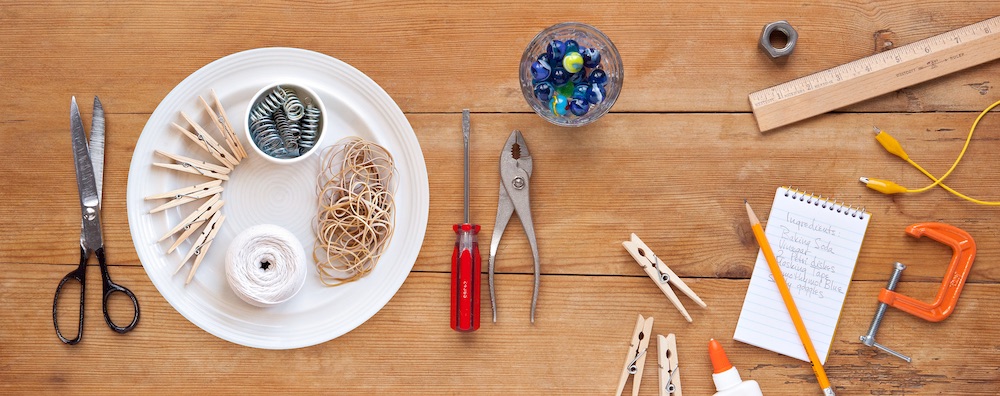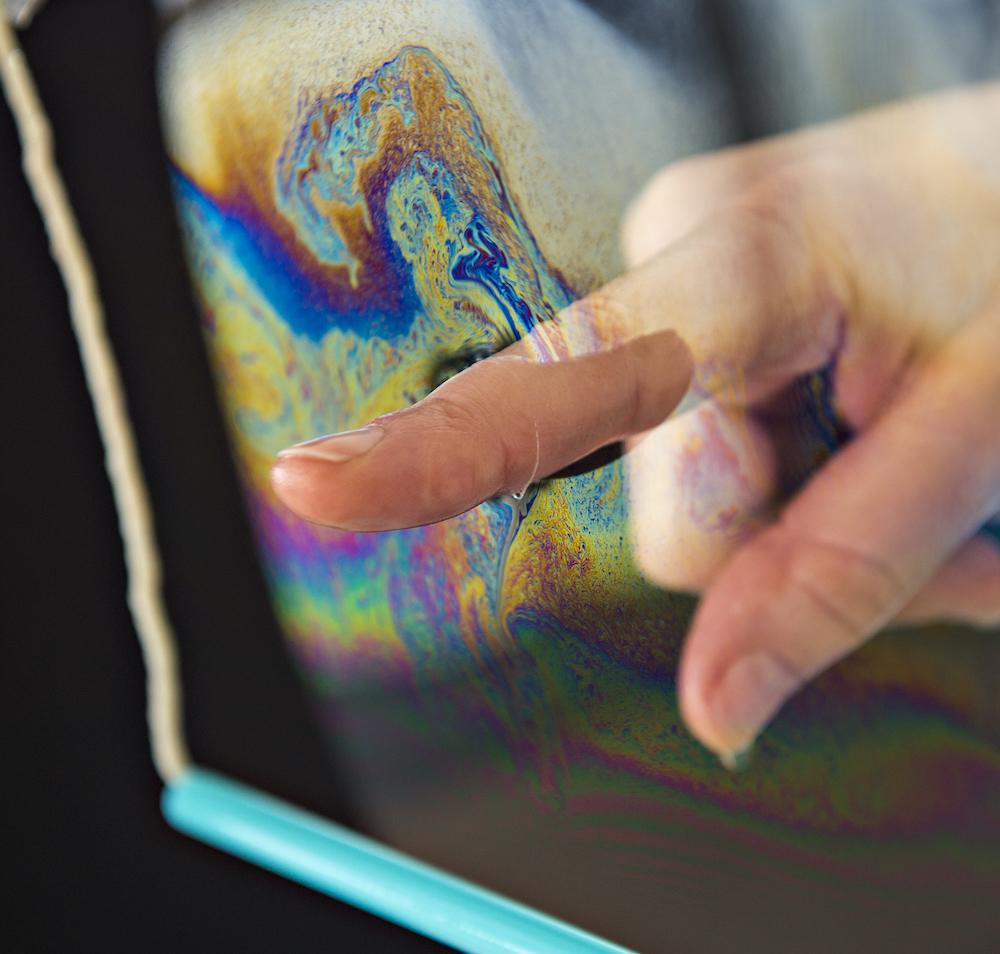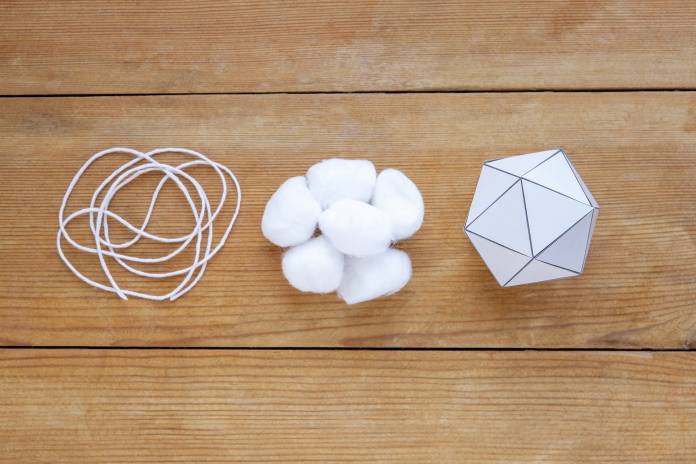Exhibits at San Francisco’s Exploratorium are meant to get kids and adults thinking about science and art. The museum has a 40-year relationship with local teachers and schools—now that those schools are closed and instruction is online, the education team has on the website free general science activities as well as ones addressing COVID-19.
These videos, activities, and articles help address students’ questions about what viruses are, the effect of soap on them, and fight against viruses. Along with those lessons, there are 285 teacher-tested Science Snacks that use cheap, easily available materials and are for middle school and high school ages.
Julie Yu, a senior scientist at the museum, says they wanted to help teachers who in a remarkably short time and with little preparation, have gone from the classroom to online instruction. Topics like science, which are more hands on, can be particularly challenging to teach at a distance.
Realizing the possibility of school closing in early March and wanting to do something to support teachers, the team put together an online workshop about viruses and sent teachers packages of cotton balls and a template for an activity that shows viruses are bundles of protein and nucleic acid not living organisms, that teachers could then do with their classes.

Now the activities they have online read like answers to people’s FAQ about viruses, Yu says.
“Our whole pedagogy is based on the approach that people can use science to understand the world around you,” Yu said. “We’re going to commit more to things like washing our hands if we understand why it’s helpful and that’s buying scientists time to understand vaccines.”
Yu says they have gotten positive responses from teachers and on social media, with people saying the information they’re getting from, say, a video about how soap disrupts the membrane around the coronavirus or an experiment with fruit showing how skin can keep pathogens out, is what they want right now, helping them to understand and dispelling fear.

Both parents and teachers as well as, oh, all of us, are trying to get used to what to do in a pandemic, Yu says. She’d like to remind parents they can recalibrate expectations and do simple everyday things with their children.
“There are things you as a family like cooking that involve science,” she said. “Out on a walk, you can notice the shadows and talk about light and nature—you don’t have to become a teacher.”
Learning doesn’t require a school, Yu thinks, and she and her team want to help teachers and students with activities that support education outside the classroom. They’ll continue to add more Science Snacks, she says, probably some of them dealing with the immune system.
“Our role in this whole ecosystem is not to tell people what to do. That’s for public health officials,” she said. “We’re a place to play and learn, and this is our contribution.”






